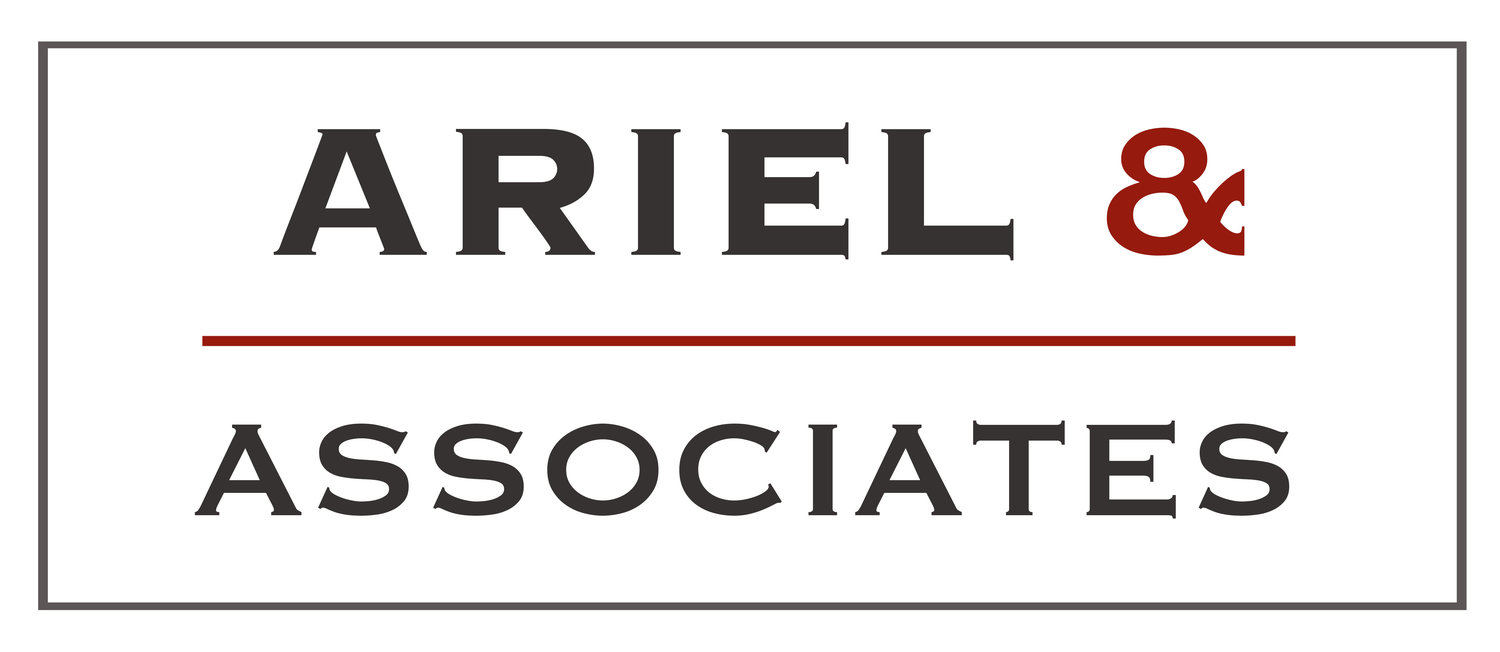There has been a tiered introduction of new obligations governing financial advisers - that is, those individuals who provide personal advice to retail clients in regard to most financial products. The staggered approach was designed to provide current providers with additional time by which to gain appropriate accreditation and / or qualifications.
The Financial Adviser Standards and Ethics Authority (“FASEA”) formerly required financial advisers to subscribe to an independently operated compliance scheme whose role was to monitor and enforce compliance with its Code of Ethics.
A number of entities previously lodged applications with ASIC for approval of such compliance schemes, however, they have all been withdrawn.
Instead, the The Federal Government announced that it would accelerate the establishment of a single disciplinary body for financial advisers. As a consequence, it is important to be aware of the following:
ASIC has confirmed that licensees will not be in breach of the law because their financial advisers were not able to register with an ASIC-approved compliance scheme by 1 January 2020. This is good news, as it would be slightly unreasonable for ASIC to take action against licensees who are finding it difficult to sign up to a non-existent compliance scheme.
Financial advisers must still comply with the Code of Ethics from 1 January 2020.
It is my view that the whole roll out of the FASEA obligations has been a shambles. I have previously made representations in regard to accountants who operate via a limited AFS Licence and who are, by definition, financial advisers. It is beyond belief that such professionals need to complete additional accreditation, including bridging courses where relevant, and then agree to be bound by a Code of Ethics. This is asinine for two fundamental reasons:
These accountants are only advising and creating superannuation products limited to SMSFs (as well as advising on the client’s current superannuation product). These FASEA requirements are designed for financial planners or those who provide a broad spectrum of financial products, whose scope is not limited.
Most accountants who operated via a limited AFS Licence structure are members of one of the three accounting professional bodies. These professional bodies maintain their own strict continual professional development policy and require members to comply with a code of ethics and professional standards.
But getting back to FASEA, it has published not just its Code of Ethics, but also a Guidance Statement. A cursory read has exposed certain irregularities and contradictions. This was highlighted by the Stockbrokers and Financial Advisers Association (“SAFAA”) in a ripping media release, which shredded the FASEA Code of Ethics. I urge you to have a read and judge for yourself.
One such example revolves around the FASEA Code of Ethics requiring its users to differentiate between different clients who have satisfied the wholesale definition of the Corporations Act 2001 (Cth) (“the Act”) (refer to Standard 1). In other words, those clients who satisfy the wholesale test need to be treated like retail clients as they aren’t wholesale enough. How can financial advisers operated under such subjectivity? How can they determine which one of their wholesale clients needs additional guidance without having a thorough understanding of their personal objectives, financial situation and needs. The reason they do not have a thorough understanding of their personal objectives, financial situation and needs is because they don’t have to have a thorough understanding of their personal objectives, financial situation and needs, having satisfied the Act’s wholesale test.
And the last time I was aware, the law trumps anything FASEA disseminates.
Should you have any queries about minutes or other issues involving compliance, licensing, or corporate governance, please contact Jeremy Danon, director of Ariel & Associates Pty Ltd on (02) 8223 3355 or at jeremy@ariel.associates.
Author’s Disclaimer: I am a member of the Stockbrokers and Financial Advisers Association, as well as Chartered Accountants Australia and New Zealand - one of the accounting professional bodies referred to in the above article.
